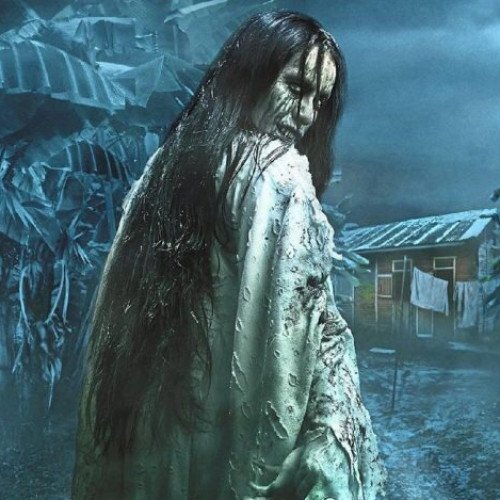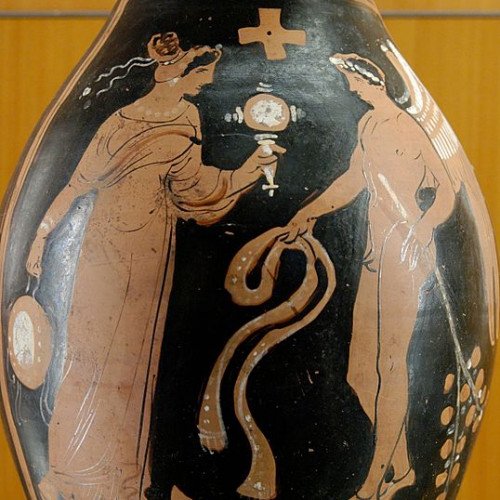Pontianak (folklore) VS Daemon (classical mythology)

Pontianak (folklore)
The Pontianak, Matianak or Kuntilanak (from Dutch-Indonesian: Puntianak, Jawi: ڤونتيانق), sometimes shortened to Kunti, is a mythological creature in Malay and Indonesian folklore. It is described as a vampiric, vengeful female ghost. The pontianak is the singular form of Kuntilanak, a woman who died in childbirth. Similar to the langsuir in Southeast Asia, the pontianak is a long-hair female bloodsucker that represents a local variation of vampire lore. She lures in unsuspecting men to incite fear and enact revenge. Signs that a pontianak is nearby include the sound of an infant crying and the smell of decaying corpses or the plumeria flower.
Statistics for this Xoptio

Daemon (classical mythology)
Daemon is the Latin word for the Ancient Greek daimon (δαίμων: "god", "godlike", "power", "fate"), which originally referred to a lesser deity or guiding spirit such as the daemons of ancient Greek religion and mythology and of later Hellenistic religion and philosophy. The word is derived from Proto-Indo-European *daimon "provider, divider (of fortunes or destinies)," from the root *da- "to divide". Daimons were possibly seen as the souls of men of the golden age acting as tutelary deities, according to entry δαίμων at Liddell & Scott.